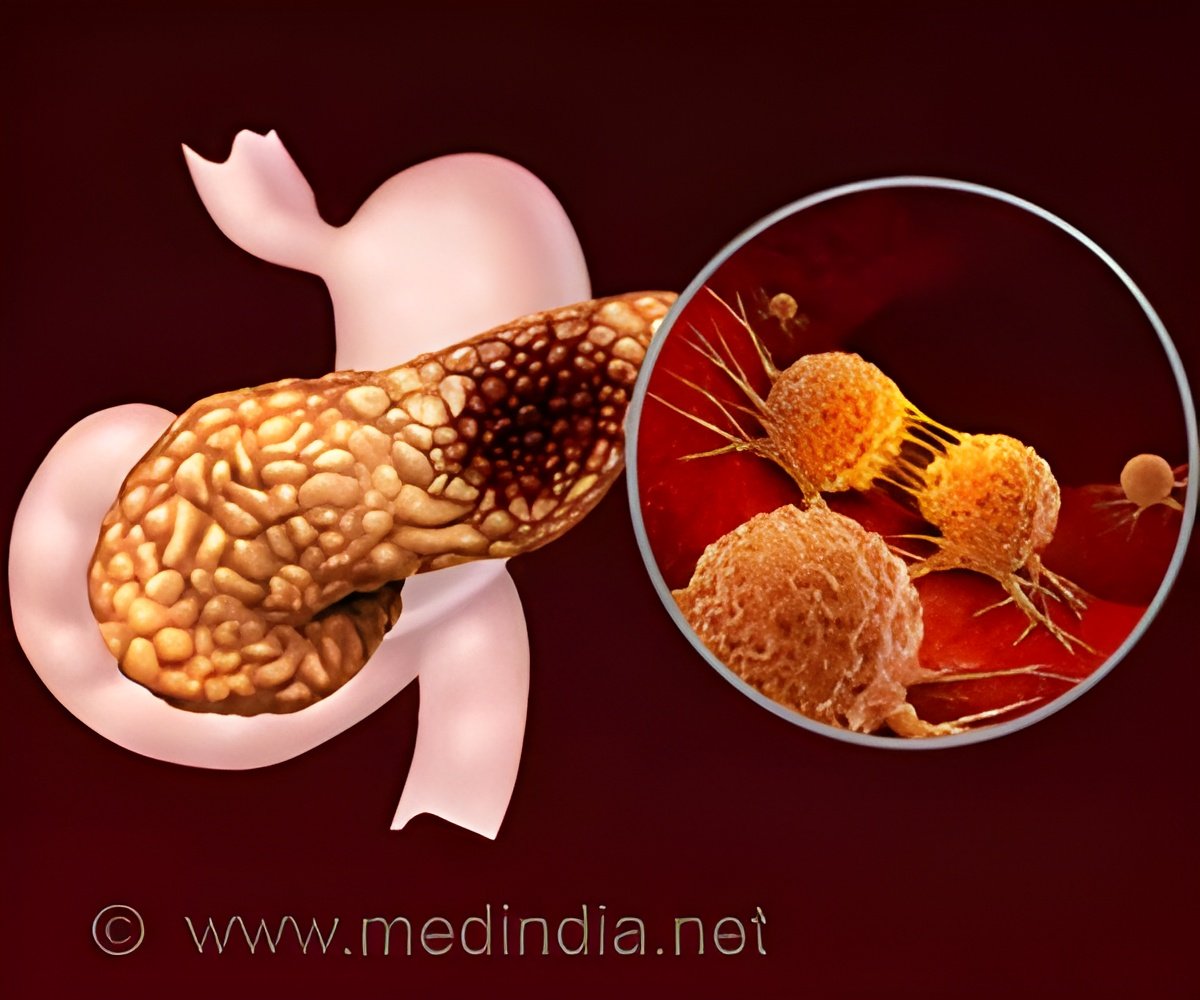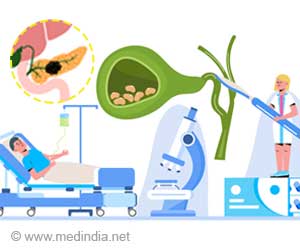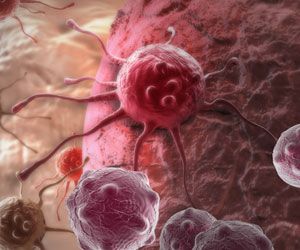High-fat diet, unregulated athletic exercise endurance enhancers linked to risk of pancreatic cancer.

‘People with silent precancerous lesions could increase their risk of developing pancreatic cancer by consuming high-fat diets, or artificial exercise endurance supplements.’





Most cases of pancreatic cancer arise from about 55-80% of adults over 40 who are estimated to have pre-cancerous silent pancreatic lesions.A study published in Nature Communications shows that pre-cancerous pancreatic lesions in mice, similar to those found in humans, contain higher levels of the transcriptional receptor peroxisome proliferator-activated receptor-delta (PPARδ).
High Fat Diet May Boost The Growth Of Cancer Cells In Pancreas
PPARδ regulates the expression of a wide spectrum of key genes that influences biological processes like lipid metabolism and cancer formation. Activation of PPARδ dramatically accelerates the progression of pre-cancerous lesions into pancreatic cancer.
“We became interested in studying the effects of PPARδ on pancreatic carcinogenesis because our prior observations showed that PPARδ strongly promoted other gastrointestinal cancers. But there’s very limited information about PPARδ’s role in pancreatic cancer’s development,” said Shureiqi.
Advertisement
Other synthetic forms of PPARδ ligands are found in exercise supplements, aimed to boost physical performance and endurance.
Advertisement
Though studies on how PPARδ affects colorectal cancer date back to 1999, and pharmaceutical companies have halted synthetic PPARδ ligand development, unregulated internet outlets still sell substances like Cardarine. Ads are largely marketed to young people, claiming it will help them build muscle endurance and burn fat.
Muscle Enhancers Enhances Stamina Along With Cancer Risk
Initially, researchers found that these supplements reduced fatigue in mice. This news made its way to major media outlets, who nicknamed it “exercise in a pill”.
Unfortunately, what the media didn’t address was the dark side of it. Like muscle cells, synthetic PPARδ ligands also help cancer cells get more energy from fats as a fuel source.
Animal models repeatedly show the strong relationship between PPARδ and cancer promotion in the case of colorectal cancer and stomach cancer. Now we’re gaining more information about how it affects pancreatic cancer.
Future development of effective agents to block PPARδ activation could be a new approach to prevent the progression of precancerous lesions into pancreatic cancer.
Limiting exposure to high-fat diets could also be considered for those with a high prevalence of pre-cancerous pancreatic lesions. But for now, the prevalent sales and use of those athletic boosting substances cause the most pressing concern.
We are trying to spread the message that using those substances is not a good idea. It might enhance muscle endurance, but it also enhances cancer’s ability to use energy and grow.
Source-Medindia















